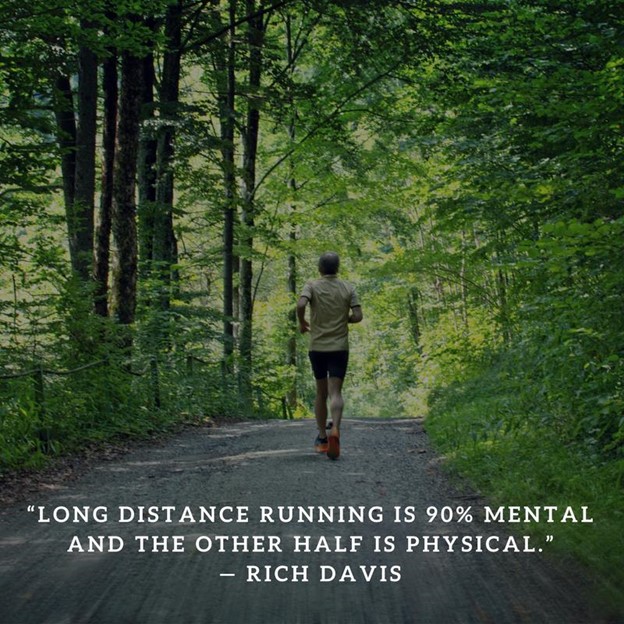by Greene Psych Clinical & Sport Psychology
We’re less than a month out. Are we ready? Yes? No? Maybe? Our friends from Greene Psych Clinical & Sport Psychology are here with a few mental tips to master The Broad Street Run. We might run this back during Race Week! Let’s lock in:
1. The Broad Street Run is a fun but crowded race, and mental preparation is key to success. Make sure you arrive early, know where to park, find your corral, and use the bathroom asap. Planning ahead can decrease unwanted surprises and stressors and allow you to focus on staying relaxed and ready.
2. Visualize the race you want to run (and that you are realistically capable of running). The night before, spend a few minutes in a quiet place with your eyes closed. Many runners benefit from imagining themselves “holding back” at the start, and gradually picking up their pace after a few miles. It’s not how fast you start but how strong you finish.
3. Work on developing a pre–race routine. If you have certain rituals before long training runs or hard workouts, you might consider doing the same thing for Broad Street. Perhaps you like eating a certain breakfast, listening to a particular pump–up song, or doing a familiar easy warm–up. These go–to routines should stay the same for Broad Street. Their familiarity can put you in the frame of mind that says, “I’m out for just another long run.”
4. Focus on things that are in your control rather than things you cannot control. You can’t control the weather at Broad Street. You can’t do anything about the runners who will start the race in the wrong corral. There will be potholes and non–runners crossing the street when you least expect it. Worrying about these things takes mental energy away from focusing on things you can control, like maintaining your pace, remembering to take in fuel, and relaxing your shoulders. Of course, reminding yourself this is your form of relaxation away from the job and family should help too!
5. This is your race; focus on yourself and what you want to get out of the day. It is better to be patient, take it easy, and expend minimal energy chasing people who might ruin your race. Challenge yourself to be a disciplined runner.
6. When you get tired, you can focus on small, manageable chunks of the race. Instead of thinking about the finish, remind yourself to get to the next mile marker, to City Hall, or to the next water stop. Once you hit that marker you may feel better. If not, you can set another new small goal to keep you going.
7. Be prepared for discomfort. Running 10 miles for the first time, and/or at a fast pace is not easy. There will be moments where you are uncomfortable and want to stop. You have trained hard to race hard.
8. If you feel like you are running a really fast pace the first few miles it probably means you are going too fast, not because you are extra fit. Rein it in. You can always speed up at the end if you have extra gas in the tank.
9. The race will not finish at the same location as last year. The race will start at Broad & Fisher and finish in the Navy Yard. Be prepared for that. Save your final kick.
10. Remember to have fun! This is an amazing race in an amazing city. Enjoy the cheers of the crowd, high–five the Mayor, thank volunteers, and finish with a smile on your face.


